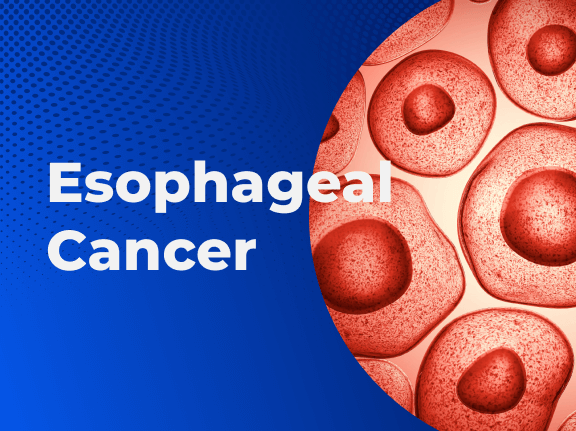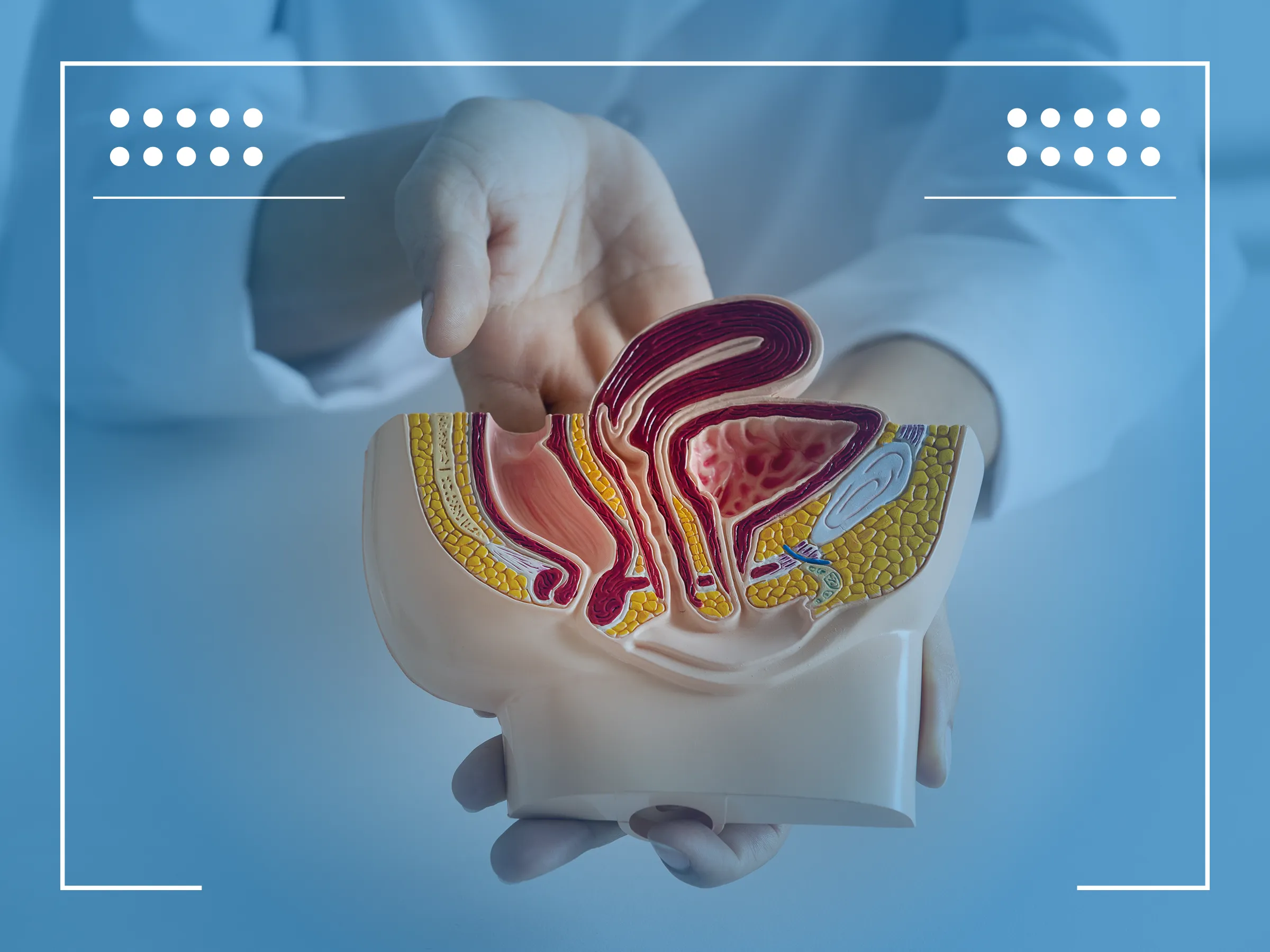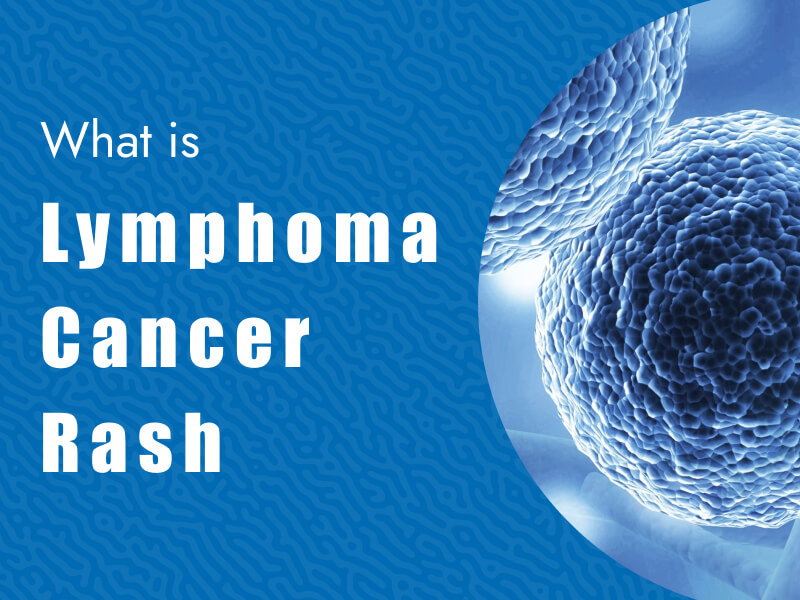Esophageal cancer is a dangerous type of cancer that occurs in the organ that starts from the esophagus neck region and extends to the stomach.
Esophageal cancer is one of the 10 most common types of cancer worldwide. Esophageal cancer is caused by the uncontrolled growth of cells that line the esophagus.
Esophageal Cancer Symptoms
Cancer that arises in the region that forms the esophagus, usually starts in the cells that make up the inner surface of the esophagus. Abnormal growth of cells in this area leads to cancer. The most common symptom of esophageal cancer is difficulty in swallowing. However, the symptoms may differ depending on the region where the cancer occurs. In this type of cancer, as the tumor does not cover a large part of the throat, it is also common to not show any symptoms. Since the symptoms of esophageal tumor usually occur in advanced stages, the tumor may be noticed in the advanced stages of the disease. Symptoms of esophageal cancer are usually as follows:
- Difficulty in swallowing felt in the esophagus
- Pain when swallowing
- Hoarseness when the tumor is in the upper region close to the vocal cords
- Reflux when the tumor occurs in the region close to the stomach
- A cough when the tumor is in the middle part of the esophagus
Types of Esophageal Cancer
The esophagus allows the food taken orally to be transmitted to the stomach for digestion. Meals go through the mouth to the pharynx then to the lower regions. The esophagus consists of two surfaces, inner and outer. The inner surface of the esophagus is lined with epithelium. The outer side consists of muscle and connective tissues. There are two types of esophageal tumors.
- Squamous Cell Carcinoma: In this type of esophageal cancer, the tumor occurs on the inner surface of the esophagus. The tumor formed in the squamous cells on the inner surface is usually seen in the upper parts of the esophagus.
- Adenocarcinoma: The esophagus allows the food consumed to be transmitted to the stomach. Mucus is secreted in this area for easier transmission of the ingested nutrients. Adenocarcinoma is cancer that occurs in mucus-secreting cells. The tumor usually occurs at the junction of the esophagus and stomach.
Esophageal Cancer Diagnosis
Esophageal cancer is one of the types of cancer that can be fatal. Recognition and diagnosis of the disease in the early stages is important in this process. The diagnosis of esophageal cancer is determined by a method called endoscopy. Apart from the endoscopy, medicated film may also be required. However, another important point is to determine the stage of the tumor.
Different tests and methods can be used to find out the stage of esophageal cancer. Endoscopic ultrasound imaging method called EUS is used to find out what stage the tumor is or how much of the esophagus it covers. In addition, methods such as endoscopic ultrasonography, computed tomography, MR, or positron emission tomography (PET) can be used to monitor tumor stages and post-treatment development.
Stages of Esophageal Cancer
As with many types of cancer, esophageal cancer consists of different stages. This type of cancer occurs in 4 stages.
- Stage 1: Symptoms of esophageal tumor usually appear in the later stages. Therefore, the likelihood of symptoms in the first stage is low. In the first stage, the tumor forms in the inner lining of the esophagus. In esophageal cancer detected in the first stage, the diseased membrane can be removed by entering through the mouth with an endoscope.
- Stage 2: While in the first stage, esophageal cancer occurs and develops in the inner membrane. In the second stage, the tumor crosses the membrane and reaches the muscle tissue.
- Stage 3: At this stage, the tumor continues to develop in the esophagus. The tumor has now spread to the lymph nodes. Difficulty in swallowing is one of the most common symptoms at this stage.
- Stage 4: At this stage, the tumor can attach to the trachea and spread to surrounding organs such as bone, liver, and stomach. In stage 4, symptoms such as cough, bone pain, weight loss can be seen.
Esophageal Cancer Treatment
Esophageal cancer is a type of cancer that can be treated with different treatment methods. The method of treatment may vary according to the region of the tumor and the stage of the disease. This type of cancer is treated with surgery. Esophageal cancer, which is detected in the early stages, can be removed with the less difficult endoscopy method.
Surgery for cancer that occurs in the part of the esophagus close to the stomach is made by opening the upper part of the abdomen. In this surgery, the lower part of the esophagus is removed. After the tumor part is removed, the stomach is combined with the remaining esophagus.
Another surgical method used in the treatment of esophageal cancer is the complete removal of the esophagus. This is the most severe esophageal cancer surgery. After the patient’s esophagus is removed, a new esophagus is made from the large intestine or stomach.
Esophageal Cancer Clinical Trials
New methods for the treatment of esophageal cancer are being investigated. Clinics working in this direction are looking for new methods to develop alternative treatments. Current clinical studies on esophageal cancer continue. You can contact Massive Bio for detailed information about esophageal cancer clinical trials.













2 Comments
Please let me know if there are clinical trials for stage 4 esophageal cancer.
Yes, there are many actively enrolling clinical trials for stage 4 esophageal cancer in the United States and globally. We would be happy to run your records through our AI database and match you to the best trials for your disease. Please contact us to request our free matching service at 844-627-7246 or support@massivebio.com . Thank you!